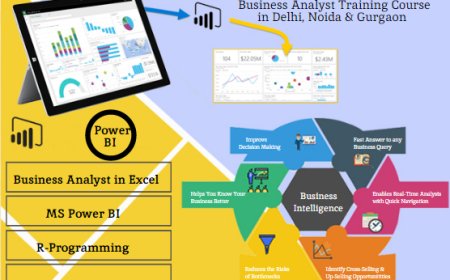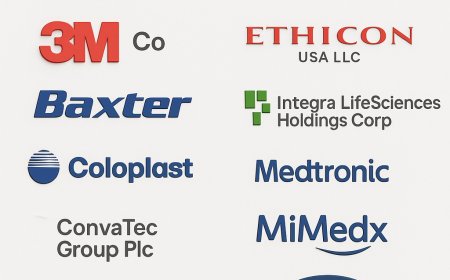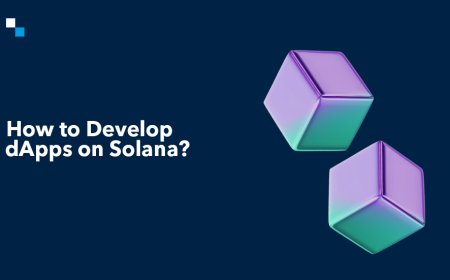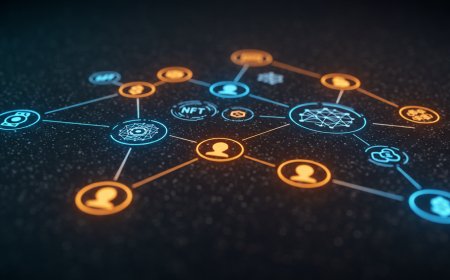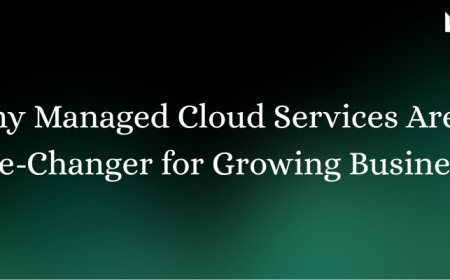Next-Gen Language AI for Knowledge Management and Search

Transforming organizational knowledge into accessible, actionable insights through intelligent, scalable language AI.
In the digital era, enterprises generate massive volumes of unstructured data dailyemails, internal reports, support tickets, documents, and more. However, the vast majority of this content remains underutilized, buried in silos or forgotten in disconnected repositories. Enter next-generation language AI solutions, powered by Large Language Models (LLMs), that revolutionize how organizations manage and retrieve knowledge.
With the right enterprise LLM solutions, companies can convert static documents into living knowledge assets. These AI-driven systems enable contextual, natural-language search, intelligent recommendations, automated content classification, and continuous knowledge updatesproviding employees with exactly the information they need, when they need it.
The Knowledge Challenge in Enterprises
Modern enterprises struggle with:
-
Knowledge fragmentation across platforms
-
Outdated or duplicated content
-
Inconsistent tagging and metadata
-
Low discoverability of institutional knowledge
These problems lead to inefficiencies, repeated work, and lost opportunities. A knowledge worker spends nearly 20-30% of their time searching for information. Thats hundreds of hours annually that could be reinvested into strategic tasks.
LLMs as the Foundation for Knowledge AI
LLMs have emerged as the cornerstone of modern enterprise knowledge solutions. Trained on diverse language data, they are adept at:
-
Understanding nuanced queries
-
Inferring context and intent
-
Parsing lengthy documents into structured summaries
-
Answering questions with references and citations
This makes them ideal for building next-gen search engines, Q&A systems, and dynamic knowledge portals.
Use Cases in Knowledge Management
1. Semantic Enterprise Search
Instead of relying on exact keyword matches, LLM-powered search systems interpret the users intent and retrieve the most contextually relevant documents. For example, asking What is our return policy for damaged items in Europe? returns the precise policy from the latest document, even if phrased differently.
2. Automatic Knowledge Base Generation
LLMs can ingest customer support tickets, chat logs, and technical documentation to automatically generate FAQs, glossaries, and step-by-step guides.
3. Real-Time Expertise Location
By analyzing communication history, project documents, and collaboration tools, LLMs can identify subject-matter experts across the organization.
4. Meeting Intelligence
Transcribing, summarizing, and tagging meetings with action items and key decisions using LLMs ensures institutional memory is retained and searchable.
How LLM Development Companies Enable Knowledge AI
Implementing effective LLM-based systems requires deep expertise in AI architecture, data handling, and enterprise workflows. This is where specialized LLM development companies play a critical role.
They help enterprises by:
-
Curating domain-specific training datasets
-
Fine-tuning open-source or proprietary LLMs
-
Designing scalable deployment architectures
-
Ensuring data privacy and regulatory compliance
-
Building custom search and retrieval interfaces
These LLM development solutions provide the foundation for robust, intelligent, and secure knowledge systems.
Security and Compliance Considerations
Sensitive knowledgeespecially in industries like healthcare, finance, or lawrequires strict controls. Enterprise LLM solutions must be built with:
-
On-premises or private cloud deployment options
-
Role-based access control to restrict sensitive insights
-
PII/PHI redaction and data anonymization pipelines
-
Audit trails for every AI-generated result
A trusted LLM development company ensures these measures are integrated from day one.
Enhancing Employee Productivity with Smart Search
LLM solutions empower employees with self-service access to organizational knowledge. Instead of relying on IT or documentation teams, staff can simply ask questions in natural language:
-
How do I onboard a new vendor?
-
Whats the procedure for submitting expense reports?
-
Where is the Q3 sales forecast for North America?
The system not only returns relevant documents but summarizes them and highlights action itemssaving time and boosting productivity.
Integration with Enterprise Systems
To be truly effective, knowledge AI must be embedded into the systems employees use daily:
-
CRM platforms for sales and support knowledge
-
HR systems for policy and procedural questions
-
Intranets and portals for searchable organizational memory
-
Collaboration tools like Slack or Teams for conversational retrieval
Enterprise LLM solutions bring knowledge into the flow of work.
Future-Ready Knowledge Ecosystems
As enterprise needs evolve, LLMs continue to grow in capability. Next-gen features include:
-
Multilingual knowledge support for global teams
-
Continuous learning loops that update the knowledge base automatically
-
Voice-based assistants for hands-free interaction
-
Visual-semantic search combining text and image understanding
These innovations ensure your knowledge systems remain adaptive, relevant, and accessible.
Case Study: Global Consulting Firm
A global consulting firm implemented LLM-based knowledge retrieval across its regional offices. Previously, consultants wasted hours searching for past case studies, slide decks, or industry research.
With a custom LLM solution developed by a leading LLM development company, they:
-
Reduced document search time by 75%
-
Improved proposal turnaround speed by 30%
-
Increased reuse of existing content by 60%
This led to faster deal closures, better client outcomes, and happier employees.
Key Metrics for Success
Measuring the impact of knowledge AI includes:
-
Search accuracy and satisfaction
-
Query response times
-
Content utilization rates
-
Reduction in duplicate work
-
Time-to-competence for new hires
These metrics highlight the ROI of enterprise LLM solutions in knowledge management.
A Strategic Asset, Not Just a Tool
Enterprise knowledge is one of the most valuablebut underleveragedassets. With intelligent LLM solutions, it becomes searchable, reusable, and actionable. Organizations that harness this potential can outlearn, out-innovate, and outmaneuver their competition.
Investing in LLM development solutions isnt just about tech adoptionits about cultural transformation toward smarter, knowledge-driven enterprises.
Conclusion: From Information Overload to Intelligent Insight
Modern organizations are drowning in data but starving for knowledge. LLMs bridge that gap by making information accessible, contextual, and conversational.
Through tailored enterprise LLM solutions, businesses can:
-
Reduce information retrieval costs
-
Empower employees with knowledge autonomy
-
Preserve institutional memory
-
Improve agility and responsiveness
Partnering with an experienced LLM development company ensures you deploy secure, scalable, and intelligent solutions tailored to your unique environment.
In a world where knowledge is power, LLMs are the engine that drives the modern, intelligent enterprise forward.


